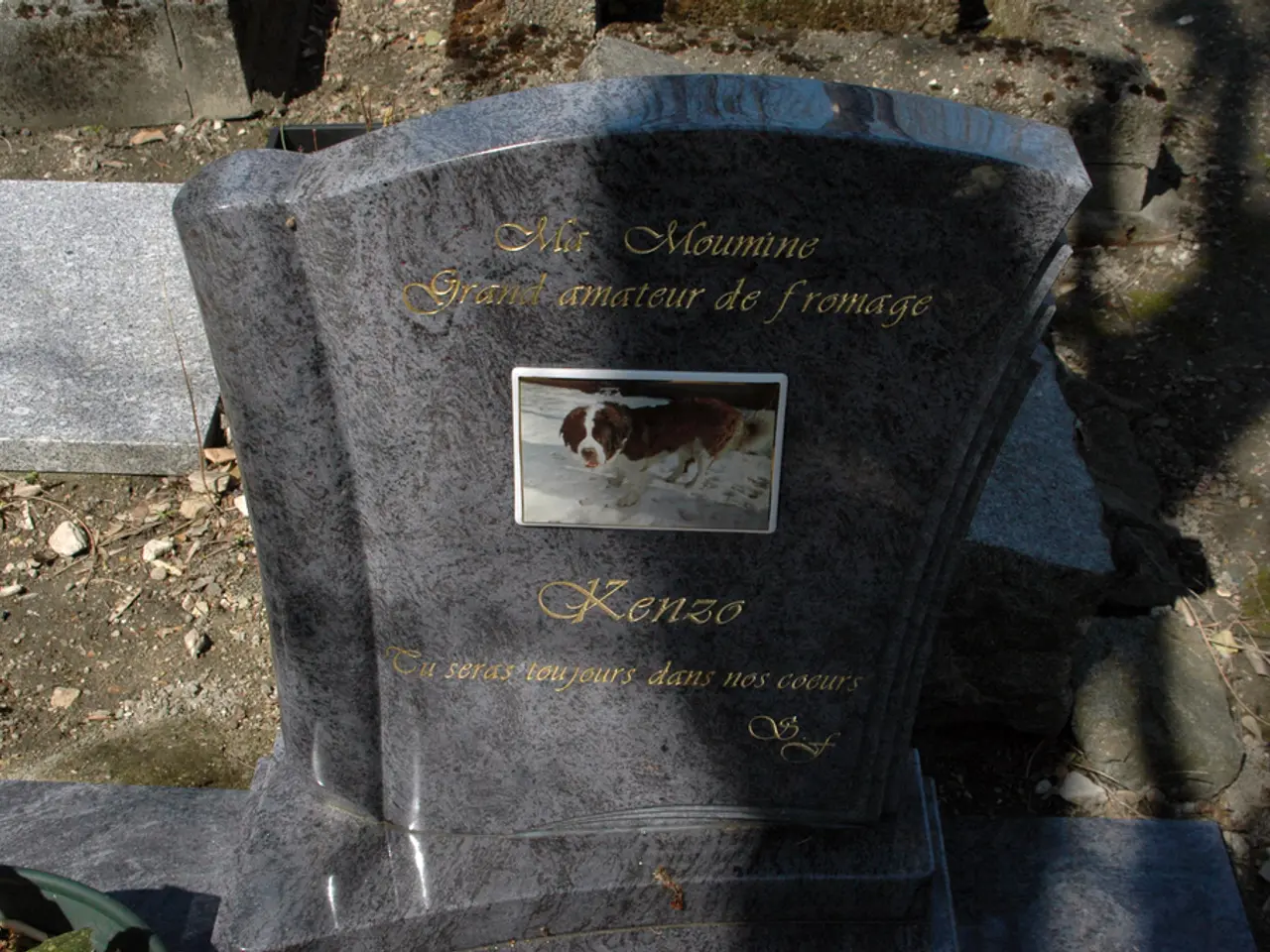Uncovering concealed communications from beyond the grave
In the realm of dreams, encounters with the departed can hold profound psychological significance. These vivid and emotionally charged experiences, often referred to as "visitations," can offer valuable insights into our own feelings about death, change, and life's transitions.
Psychological research suggests that dreams of the dead are common, with approximately 58% of people experiencing them, sometimes long after the loss [1]. These dreams serve as part of the grieving and healing process, maintaining a continuing emotional bond with the lost loved one. They can help individuals process grief, provide comfort, or reveal unresolved trauma, aiding emotional adjustment after loss.
From a psychological and spiritual perspective, such dreams can symbolize transformation, change, or unresolved feelings. They serve as a reflective mirror that helps reveal suppressed emotions or aspects of one’s self related to loss and life transitions. Dreams about deceased people may also remind us to value current relationships and process grief emotionally rather than avoid it [2].
In terms of grief work, dreaming of the deceased can reinforce emotional connections and acceptance of loss through symbolic encounters. It can help individuals work through complicated feelings, including guilt or unresolved trauma. Dreams about the deceased can provide psychological reassurance or a sense of presence that eases separation anxiety. They serve as emotional support during periods of adjustment and help integrate the loss into the ongoing life narrative [1][2].
The vividness and emotional salience of these dreams underscore their functional role in grief, contrasting with the common phenomenon of forgetting most dreams quickly upon waking. Such dreams may also reflect the brain’s attempt to make sense of profound changes and prepare the dreamer for future life transitions [2].
Interpreting these dreams offers valuable messages about personal growth and the need to accept change. Dead people symbols can be interpreted as signs that one phase of life is ending and another beginning. By interpreting these dreams, we can uncover hidden emotions and thoughts often linked to grief or unresolved issues. Dream interpretation can be a crucial key to self-discovery, especially when it comes to dreams featuring dead people.
In conclusion, dreams about deceased people are psychologically significant as they facilitate continued emotional attachment, help process grief, and can provide comfort or insight during mourning. They embody the unconscious mind’s role in facilitating emotional healing and adaptation after loss [1][2]. These dreams often symbolize deep changes and transitions in life, reflecting inner conflicts and fears of the unknown associated with waiting for transformations.
Engaging in health-and-wellness activities during free time might help balance the intensity of these visitations, promoting mental health and emotional well-being. Conversely, a prolonged obsession with such dreams may indicate unresolved mental-health issues linked to grief or transition periods, suggesting the need for professional assistance.




